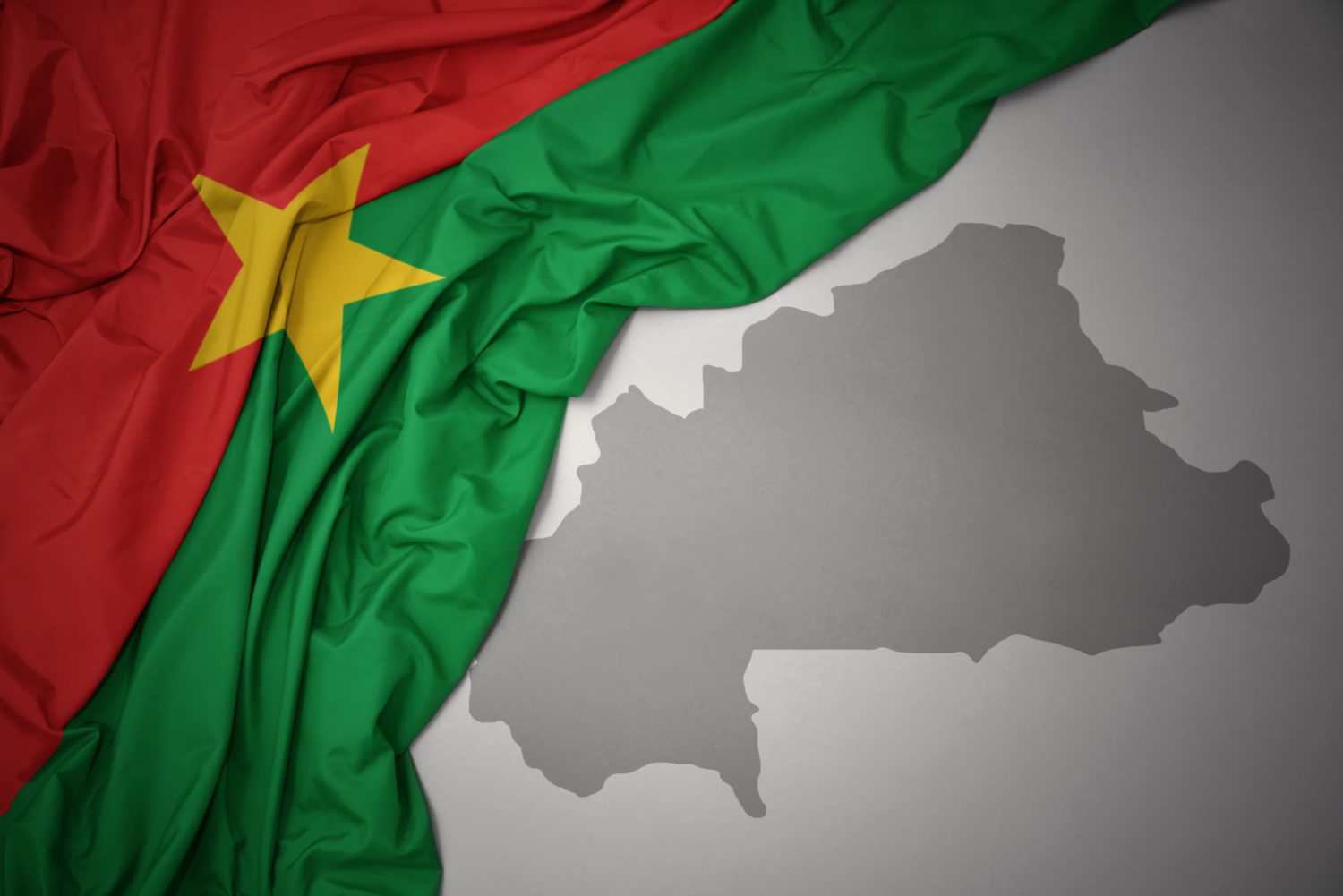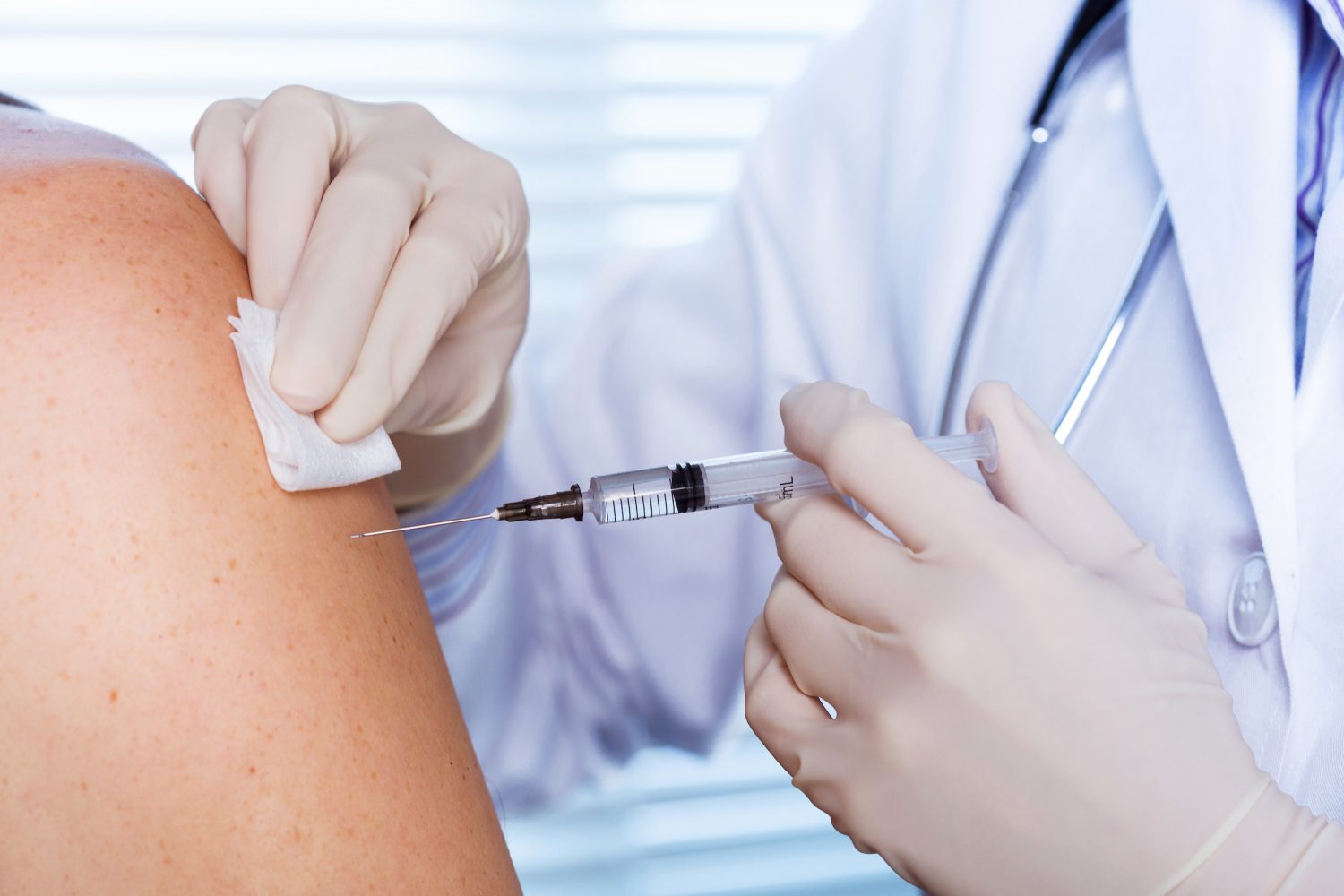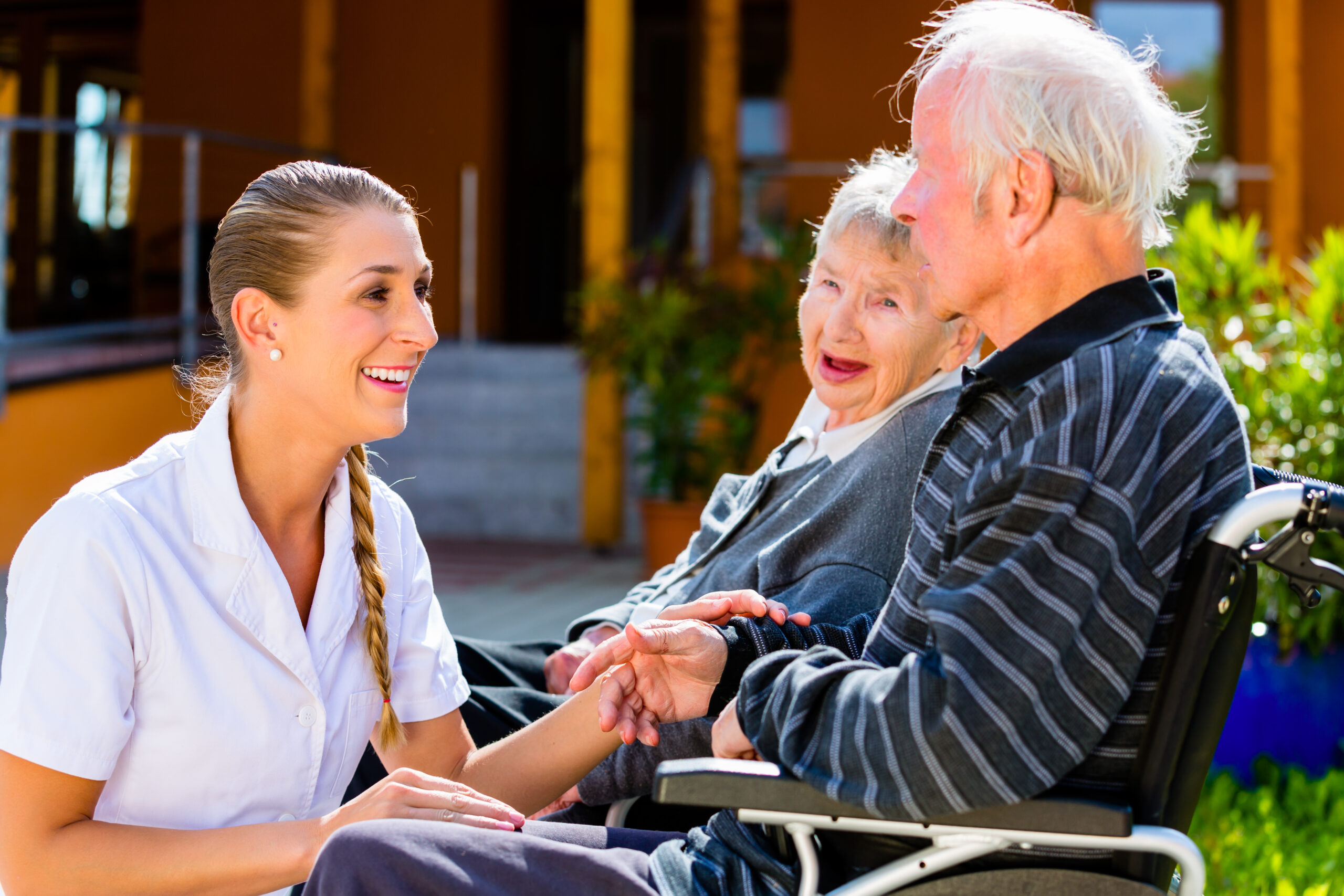« Avant sa décriminalisation en 2015, l’application de la loi sur la diffamation criminelle a opprimé largement la liberté d’expression au Burkina Faso. Depuis, et grâce à son paysage médiatique dynamique et diversifié, le Burkina Faso est considéré représenter une histoire de succès en matière de liberté de la presse selon l’ONG ‘Reporters sans frontières’ (RSF).
Néanmoins, les journalistes et militants continuent de faire face à une pression accrue. En juin 2019, l’Assemblé nationale a voté une modification du code pénal, destinée à lutter contre les publications qui pourraient « démoraliser ou saper l’efficacité » de l’armée. Le rapport critique ou objectif sur le combat de l’armée contre le terrorisme peut désormais mener à de graves sanctions. Cet amendement permet ainsi aux autorités d’exercer un contrôle sur les publications et impose de sérieuses restrictions à la liberté d’informer.
En 2020, six attaques ou intimidations contre des journalistes ont été constatées par l’Association des journalistes du Burkina (AJB). Au nord et à l’est du pays, des zones entièrement isolées et inaccessibles aux journalistes, empêchent complètement le flux d’informations de sorte que plus aucune nouvelle puisse traverser à l’extérieur.
Dans ce contexte, j’aimerais poser les questions suivantes à Monsieur le Ministre de la Coopération et de l’Action humanitaire:
- Est-ce que Monsieur le Ministre est au courant de la situation des journalistes au Burkina Faso ?
- Est-ce que les conditions de travail des médias locales ont un impact sur la politique de coopération du Luxembourg au Burkina Faso et dans d’autres pays où la presse rencontre des problèmes semblables ?
- Dans l’affirmative, quelles sont les conséquences pour l’activité de coopération du Luxembourg dans ces pays ?
- Quels moyens le Ministère de la Coopération et de l’Action humanitaire peut-il se donner pour lutter contre l’influence des autorités étrangères sur la couverture médiatique de leur pays et améliorer la situation des journalistes dans les régions ‘média-phobes’ sans pour autant impacter la population en besoin des aides apportées ? »
Answer
In his reply, the Minister stated that the respect for human rights is one of the absolute priorities in Luxembourg’s cooperation policy. Luxembourg has once again emphasized its solidarity with the people of Burkina Faso, in the context of a deteriorating security situation. As far as the tightening of criminal law of 2019 is concerned, this has been the subject of discussion in the Partnership Commission. Luxembourg also supports local civil society through Luxembourgish NGOs.








